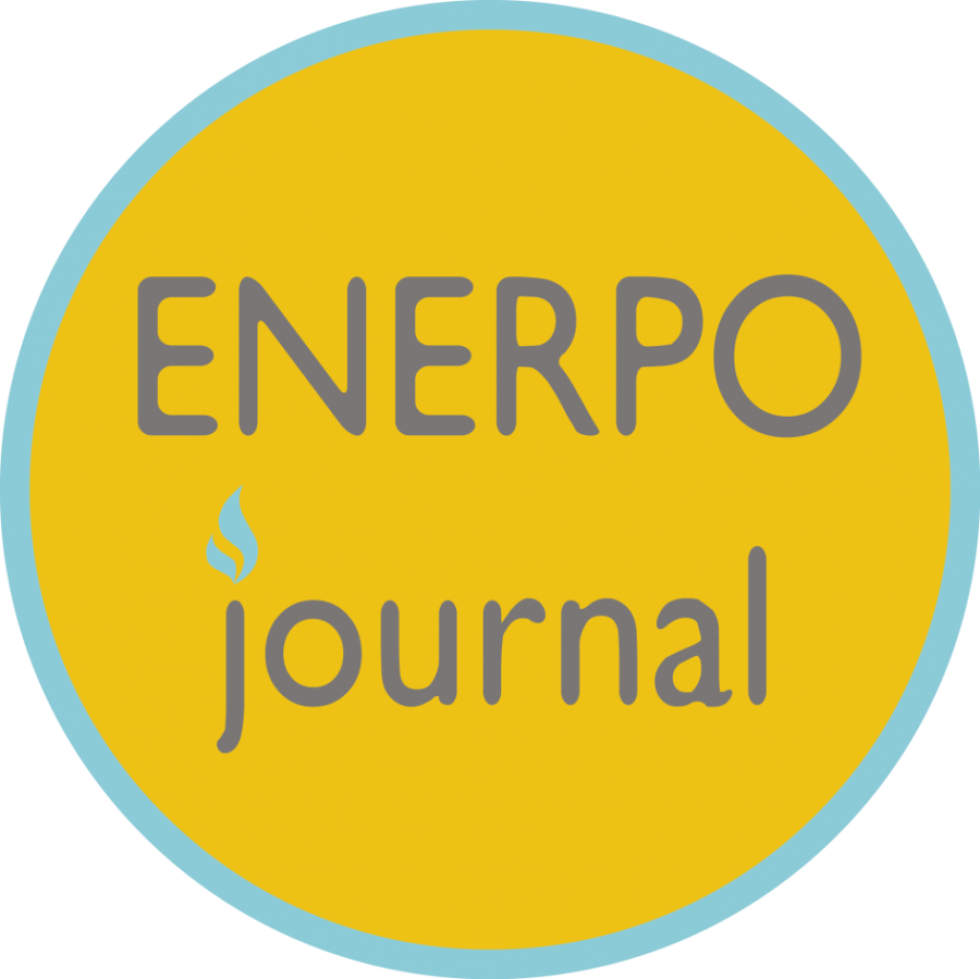By Michael Roh
ENERPO welcomed back Maxim Titov, of the Energy Efficiency Finance Program of the International Finance Corporation of the World Bank Group, for a three-day workshop on Russia’s position in COP21, or the 21st yearly session of the Conference of the Parties to the 1992 United Nations Framework Convention on Climate Change (UNFCCC), to negotiate the Paris Agreement, a global agreement to set goals of limiting global warming.
Day 1 addressed the key developments and players at COP21, Russia’s position and Putin’s speech at COP21, and who is driving climate policy in Russia. Day 2 was a presentation on business in Russia and how the Paris Agreement will shape the Russian economy, including energy efficiency efforts. Day 3 rounded out the discussion with an analysis of the media and NGO’s, and Western interpretations of Russia’s stated efforts and goals.
COP21, which led to the Paris Agreement, agreeing to a goal of “below 2 degrees Celsius,” a sustainable development mechanism to finance green projects, and an update on commitments to nationally determined contributions, was largely celebrated as a success for coordinating developing and developed countries to come to an agreement. Unsurprisingly, some countries like Saudi Arabia expressed opposition to binding emissions reductions. A strong speech from Vladimir Putin however, surprised many in the international community.
Russia is currently the world’s fifth largest greenhouse gas emitter, after China, the United States, the European Union and India. In fact, fossil fuels account for 70% of Russia’s total export revenues. This is why Putin surprised many, when he expressed that climate change is a serious global threat, and that the devastating effects of climate change will increase government costs, which is why Russia will commit to reducing emissions. Putin insisted the need for a carbon tax, binding emissions targets for all parties, and a strong focus on the ability of forests to act as “carbon sinks.” He further boasted Russia’s success during the 2000’s in limiting emissions while still doubling its GDP, arguing that economic development and mitigating climate change are not mutually exclusive.
Perhaps it was an attempt to re-engage with the West, and it could be argued that Russia’s achievements are unsubstantial given that the base year to which emissions standards are applied is irrelevant since Russia adopted the Soviet Union’s energy intensive infrastructure. Nevertheless, Putin, for once, is in agreement with Western leaders.
Who were the players leading the Russia’s climate agenda? Aside from Putin, several domestic actors are involved in shaping this agenda, including the Ministry of Energy, Ministry of Economic Development, Ministry of Environment and Natural Resources, the Federal Forestry Agency, and the Federal Meteorological Agency.
There is a realization within Russia that huge savings could be achieved through greater energy efficiency. Russia’s current energy inefficiency is equal to the annual primary energy consumption of France. Achieving full energy efficiency potential would cost roughly US$ 320 billion, but result in annual savings of roughly $80 billion, to pay back the investment in four years. Accessing the financial investment to achieve these efforts, however, is complicated by the sanctions regime.
What’s next for Russia? There is no clear, strategic plan, and the sanctions regime is hindering efforts to become energy efficient. There is at least optimism from Putin about new technologies to reduce emissions and for global cooperation, but still, many see Putin’s behavior as an attempt to restore relations with the West through a common environmental agenda. Furthermore, Russia’s transition from a country receiving aid to a donor country could be an element to Russia’s newfound environmental position.
Russia’s businesses will undoubtedly be affected by climate change efforts. Prior to COP21, five large Russian companies issued a statement in support of Russia’s Climate Partnership Initiative. The question remains: Will Russia use this momentum to change its behavior, or will business continue as usual? It’s hard to predict. A ‘green’ economic transition necessitates a balance of market based and fiscal instruments to ensure ‘green’ investments are economically effective.
Russia has a few options to accelerate these efforts. For example, technical assistance from international financial institutions like the World Bank can help develop and implement energy efficiency projects for specific sectors.
In analyzing Russia’s stance at COP21, there is a clear division between the analyses offered by the West, and by Russia. Western news outlets have been hesitant to give any credit to Russia, skeptical of its concerns, with particularly harsh critiques of Putin’s intentions. Therefore, regardless of Putin’s rhetoric, the West will likely need to see substantive action and progress by Russia before the country will be treated as an ally in fighting climate change.
Despite skepticism, one must ask: If international agreements are only as powerful as the players involved, should the international community be so critical of a key player, one that is both a major fossil fuel exporter and carbon emitter, when that player is seeking to cooperate?

